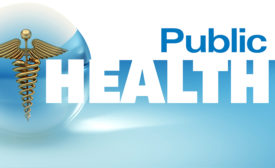Articles by Myron Levin
FairWarning Reports
A FairWarning report
Racial politics flavor debate over banning menthol cigarettes
November 19, 2015
A FairWarning story
Asbestos found in imported crayons and toy fingerprint kits
July 9, 2015
A FairWarning story
Off-road industry looks to Congress to put brakes on safety regulation
June 29, 2015
Peril in the west
After three decades, officials ponder action on cancer-causing erionite
October 11, 2011
Become a Leader in Safety Culture
Build your knowledge with ISHN, covering key safety, health and industrial hygiene news, products, and trends.
JOIN TODAYCopyright ©2024. All Rights Reserved BNP Media.
Design, CMS, Hosting & Web Development :: ePublishing







